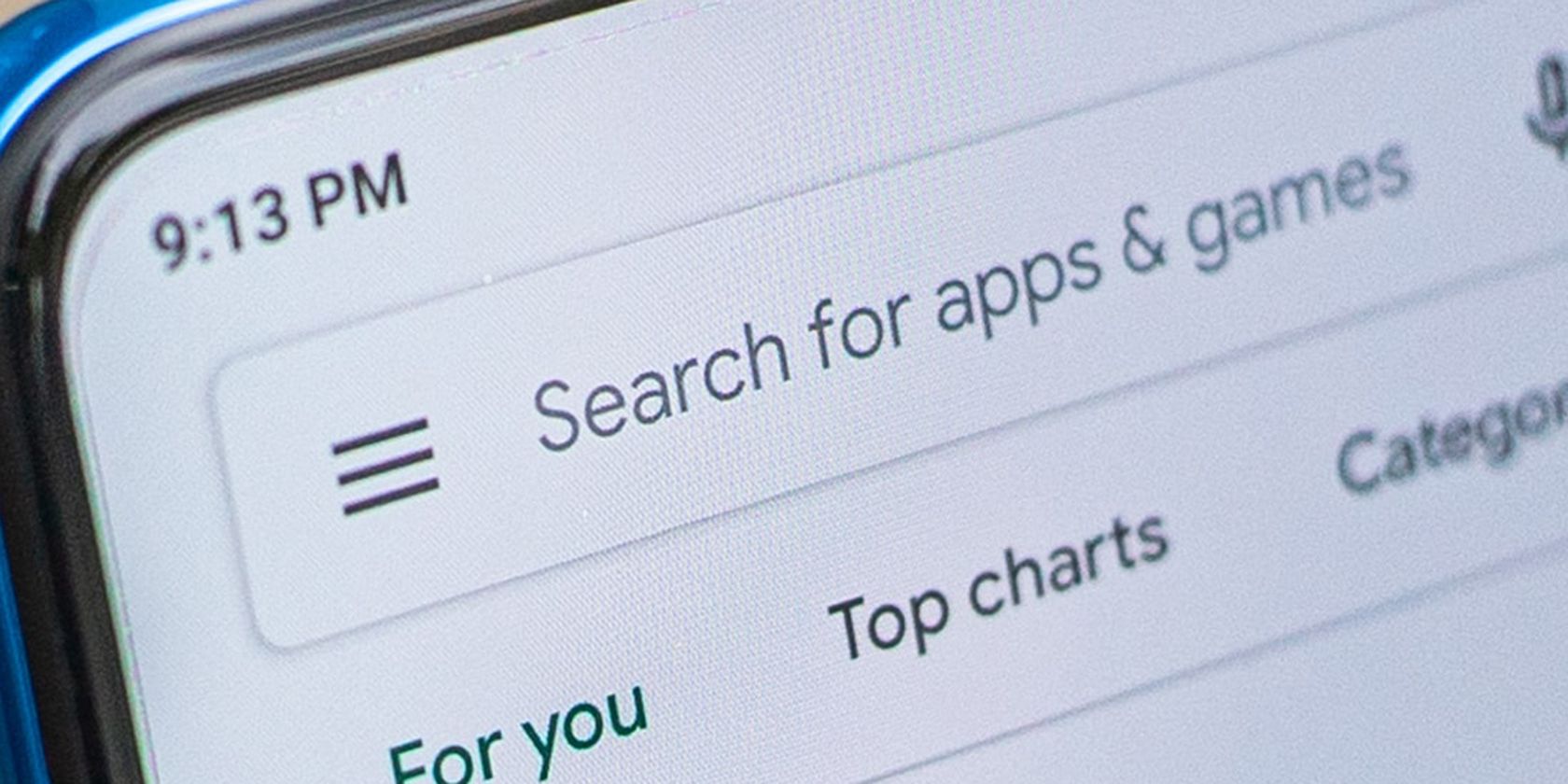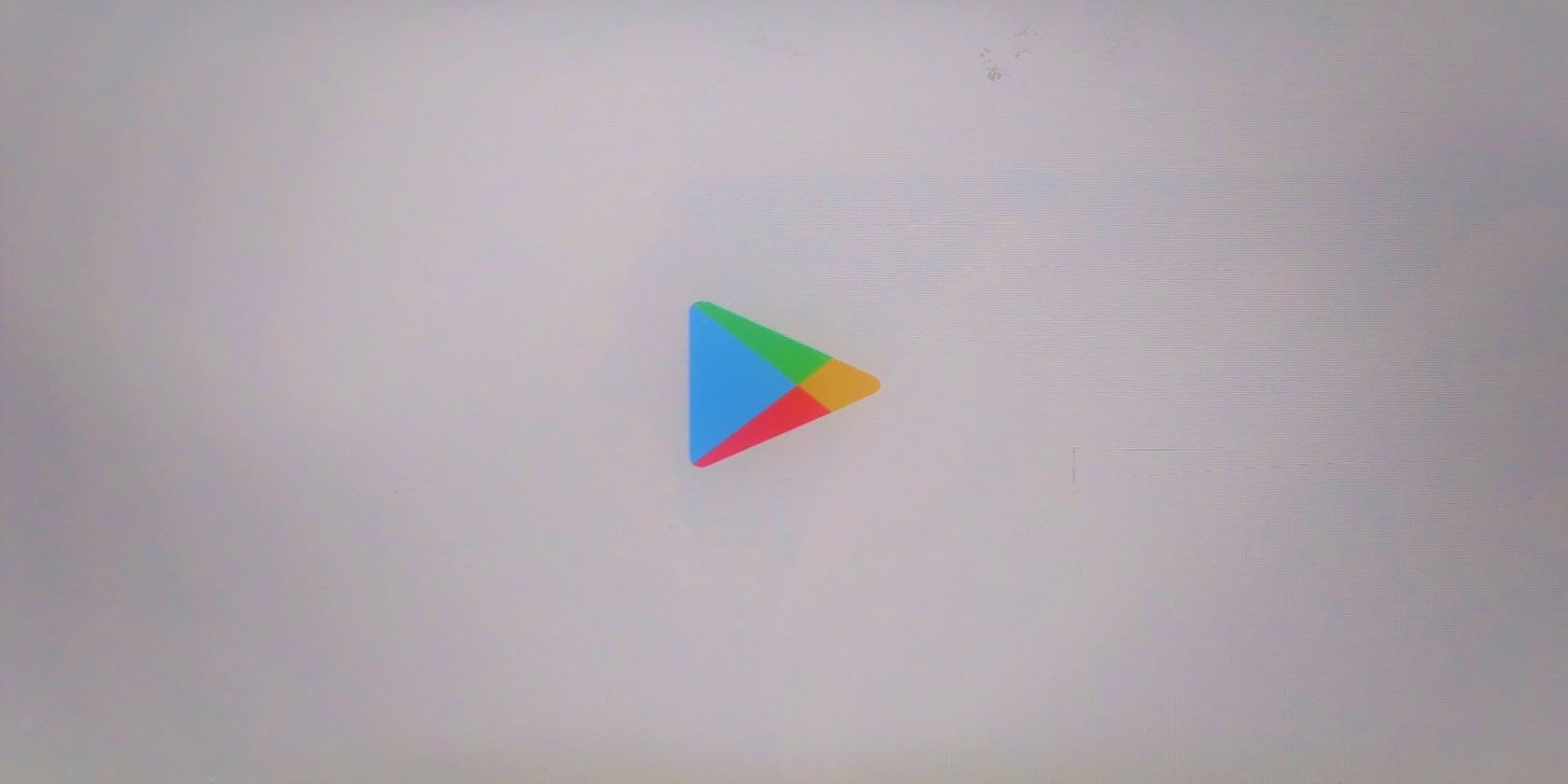Google has pre-announced a new Play Store policy change in a bid to stop developers from using spammy and misleading app names or graphics. The company is pre-announcing the new policy so as to give developers the time to comply with the new regulations.
Google Wants to Put an End to Misleading and Spammy Play Store Listings
Many app developers tend to use names similar to their popular competitors or use keywords like "free" or "top" in their name. Some app developers also tend to use misleading graphics in their Play Store listing to promote deals or indicate app ranking. This could mislead end users and lure them into installing spammy or below-par apps on their devices.
Google wants to put an end to all this, which is why it has pre-announced an upcoming policy change for app metadata. In its announcement on the Android Developers Blog, the company says that since the app title, icon, and developer name are the "most important discovery elements," it wants that developers keep them unique. For this, it is making the following changes:
- Limiting the length of app titles to 30 characters
- Prohibiting keywords that imply store performance, promotion in the icon, title and developer name
- Eliminating graphic elements that may mislead users in the app icon
The changes mean that developers cannot use misleading graphics in their app icon or other graphic elements, use keywords or emoji in the app name, use CAPS in the app name, and more.
Google will not allow any app on the Play Store that does not adhere to the upcoming policies. The company is only pre-announcing the changes today, and it intends to share more details about this policy change and its enforcement date later this year.
Google has announced a lot of Play Store-related changes this year, including slashing the commission from 30% to 15%.
New Preview Asset Guidelines for Play Store Listings
Google also announced new preview asset guidelines for feature graphics, screenshots, videos, and short descriptions that developers use to highlight apps and games on the main Play Store page. If an app's preview assets don't meet the guidelines, it will not be promoted and recommended by Google thereby greatly limiting its reach.
As a part of the new guideline, Google wants that developers ensure their preview assets accurately represent and provide enough information about their app or game. The assets should also focus more on providing details about the app or game instead of using buzzwords like "free" or "top."
The new preview asset guidelines will come into effect from the second half of 2021.


